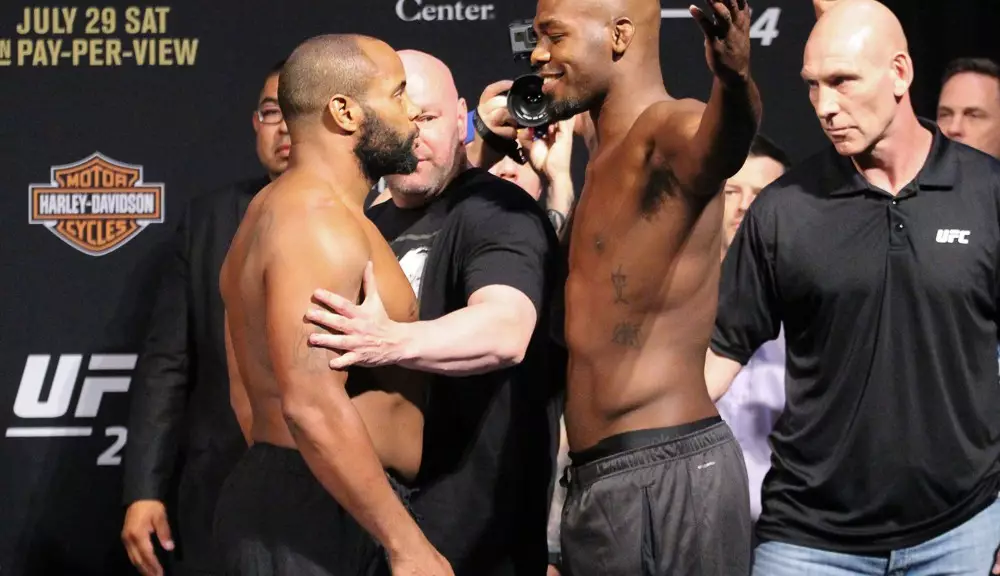In the world of mixed martial arts (MMA), the question of greatness often leads to fierce debates, especially when discussing fighters like Jon Jones. Daniel Cormier, a former dual-champion in the UFC, has been vocal about his views on Jones, refusing to label him as the greatest of all time. This perspective echoes the complexity of evaluating athletes whose accomplishments are intertwined with controversies. Cormier’s steadfastness on this issue is rooted in a personal and professional history with Jones, making his opinions especially poignant and revealing.
Performance-Enhancing Drugs: A Damning Factor
One of the central issues in Cormier’s critique of Jones lies in the latter’s documented history with performance-enhancing drugs. After capturing the heavyweight title with a rapid submission of Ciryl Gane at UFC 285, many in the MMA community have either lauded Jones or sugar-coated his past indiscretions. However, Cormier remains steadfast in pointing out that Jones’ achievements are tainted by incidents involving banned substances, including turinabol and estrogen blockers. Although an independent arbitrator ruled that Jones did not knowingly cheat on these occasions, the presence of these substances casts a long shadow over his legacy.
The fact that Jones and Cormier shared the Octagon adds layers to their rivalry. Cormier’s feelings are further exacerbated by the reality that he lost to Jones twice, only for one of those victories to be overturned due to Jones’ positive test results. This uniquely personal context informs Cormier’s views and raises questions about the implications of integrity within the sport.
During a recent Q&A session at UFC 312 in Sydney, Cormier acknowledged the undeniable skill and accomplishments of Jones. He stated, “You really can’t deny his greatness, right? Look at what he has done.” This dual acknowledgment—recognizing Jones’ prowess while simultaneously questioning his moral standing—highlights the intricate evaluation of athletic greatness.
Cormier finds himself at a crossroads, celebrating the illustrious career of a fighter who has transitioned through generations of competitors, including significant names like Lyoto Machida and others. Yet, he maintains that unethical actions disqualify individuals from the “greatest of all time” label. The dichotomy present in Cormier’s analysis serves as a reminder that greatness in sports is not merely defined by wins, losses, or titles; it is equally about the character and ethical standards upheld by athletes.
Cormier’s reflections on Jones are more than just commentary on individual accomplishments—they represent the larger narrative of MMA as a sport grappling with its own standards of integrity and excellence. Their rivalry itself is emblematic of this tension, with Cormier remarking that a head-kick knockout from Jones was the hardest blow he has ever taken, further complicating his relationship with both Jones and the concept of greatness.
In summation, Daniel Cormier’s firm stance on Jon Jones emphasizes a critical conversation within sports ethics, exploring how achievements can be overshadowed by indiscretions. As mixed martial arts continues to evolve, the legacies of its stars will invariably remain intertwined with both their triumphs and their trials.

